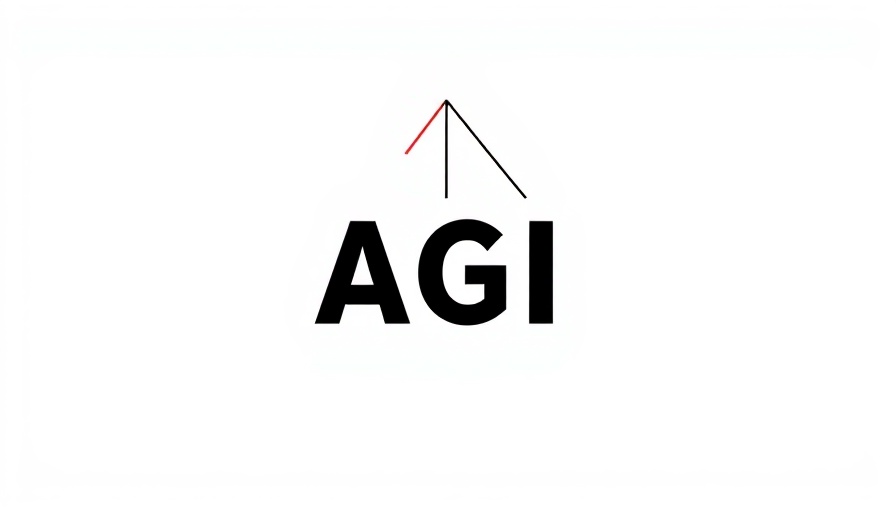
AGI in 2025: What Will Matter Next?
The landscape of artificial intelligence (AI) is in a constant state of flux. This constant evolution raises a pivotal question: as we head closer to the anticipated milestones of Artificial General Intelligence (AGI) in 2025, will the priorities and challenges we grapple with today continue to hold weight? A cautious forecast suggests they may not.
Understanding the Implications of AGI
AGI represents a monumental leap in AI technology; it is the point at which machines can perform any intellectual task that a human can do, fundamentally reshaping industries and societal norms. It is essential to recognize how AGI's advent can lead to significant shifts in the relevance of current issues – from ethical dilemmas to labor market dynamics.
Current AI Use Cases Across Industries
Today, AI solutions permeate various sectors, addressing real-world challenges. In healthcare, AI enhances diagnostic accuracy while predicting patient outcomes, optimizing treatment plans. In finance, AI algorithms analyze market trends and automate trading, enabling better decision-making. Retailers leverage AI for personalized shopping experiences, while manufacturers utilize AI for predictive maintenance, minimizing downtime. Each case exemplifies how AI aids problem-solving.
Future Predictions: A Shift in Focus?
Looking ahead, as AGI evolves, the focus of AI solutions may pivot dramatically. Current applications centered on automation and efficiency may become obsolete under the influence of autonomous systems capable of self-learning and adaptation. Thus, the critical issues for industries may shift from whether to implement AI to how to coexist with and manage intelligent systems.
Exploring Ethical Considerations
As the AI revolution unfolds, ethical questions will likely amplify. Today’s debates surrounding AI ethics focus on biases in algorithms and job displacement. However, with AGI, new concerns could arise, including the potential for machines to surpass human decision-making capabilities. These emerging ethical dilemmas may redefine societal norms and necessitate new regulations and standards to ensure safety and fairness.
Actionable Insights for Individuals and Businesses
Businesses and individuals must prepare for these impending changes. For startups, ensuring that your AI education is comprehensive is vital; understanding AI's current capabilities and limitations will be crucial. Industries should begin integrating AI into their current operations to manage these transitions smoothly. Learning about AI in healthcare, finance, and manufacturing will provide a competitive edge as we approach 2025.
Connecting to the AI Community
Being active in the AI community will be paramount. Networking with industry leaders and attending conferences can provide insights into evolving trends and applications. Engaging with pioneering thinkers will not only expand your knowledge but also foster collaborations that can advance your understanding and application of AI technologies.
Conclusion: Preparing for a New Reality
As we move closer to 2025, it’s crucial to recognize that the factors influencing our industries today may not remain vital in the years to come. Understanding AI applications and their implications will be integral to thriving in this changing landscape. Embrace continual learning and adaptation as you navigate the pathways this technology will carve for society.
 Add Row
Add Row  Add
Add 





 Add Row
Add Row  Add
Add 


Write A Comment